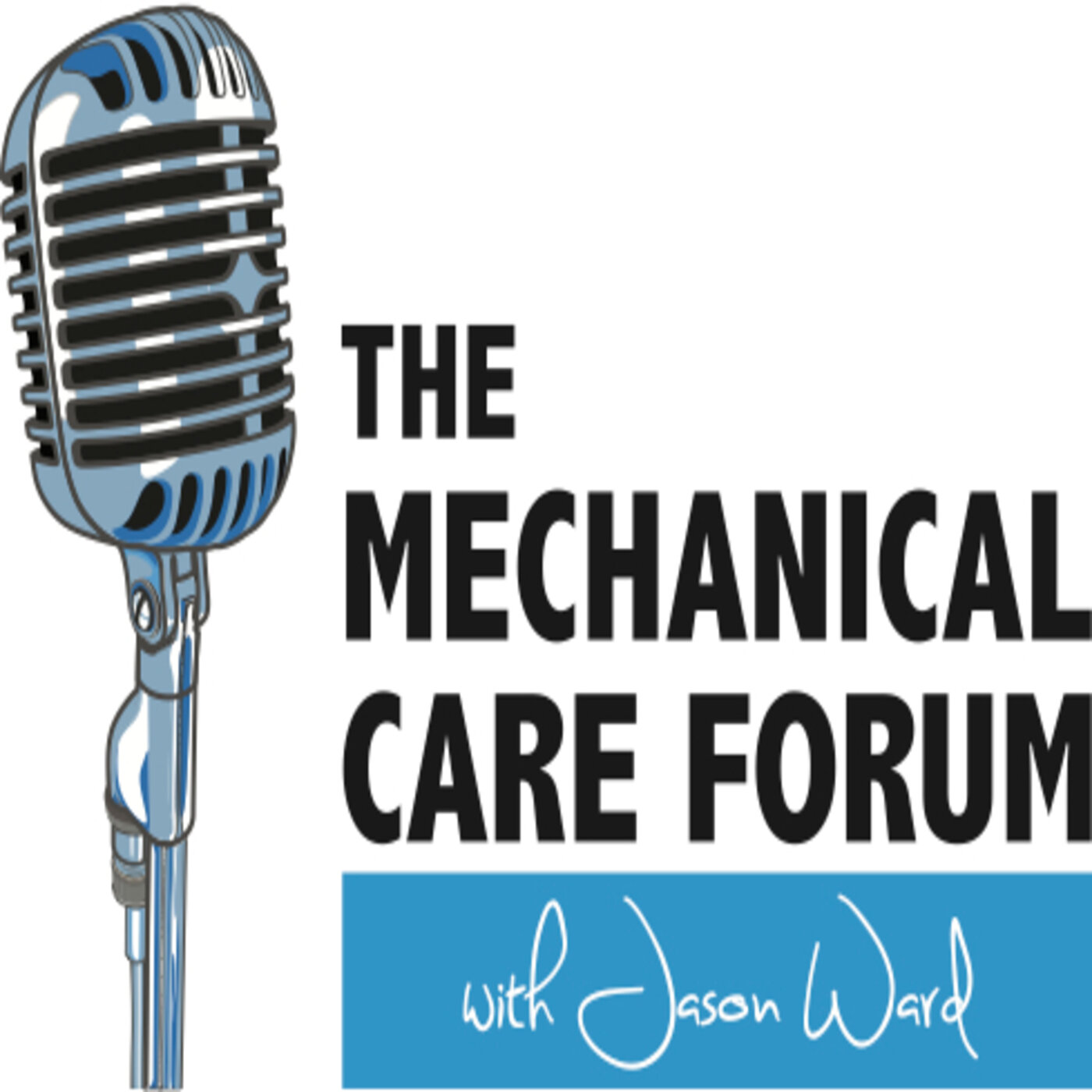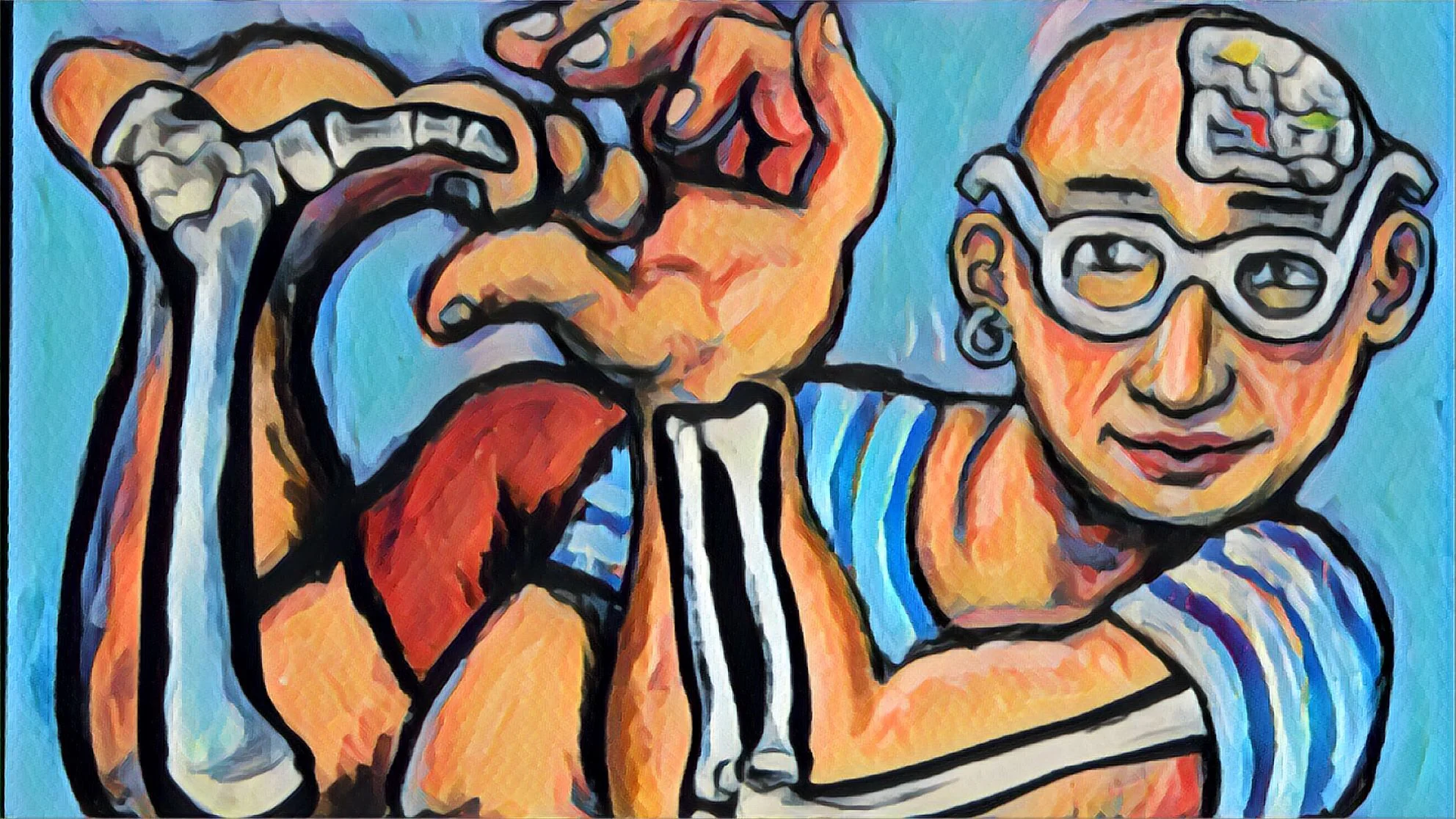In episode 218 we conclude our discussion with Associate Professor David Butler of Adelaide, Australia. He explains some of the principles within his Explain Pain Supercharged book written for the clinician, what DIMS and SIMS are, how pain education is underutilized and best advice. We also present a hypothetical patient with chronic pain and he shares his views of keys to the interaction and education necessary for a successful outcome. This and more this week on MCF!
Show Notes
( by Toshal Thanawala)
DIMS and SIMS
Prof. Butler explains the danger and safety neurotags in our brain using the DIMS and SIMS acronyms and how a person would react to construct pain when one neurotag is more active than another.
Takeaways from Explain Pain Supercharged
Prof. Butler provides an idea on the essence of the contents of this book, including the latest background on neuroimmune science, conceptual change theory and educational science/pain curriculum.
Model of Pain Education
Prof. Butler further explains, the concepts of psychology that have been incorporated into their model of pain education and changing the adult mind. The most important being, changing the constructs in the patients minds about their misconceptions of pain.
Linguistic Expression
In his clinic, Prof. Butler uses colorful language and metaphors when managing his patients, as he believes that each patient has a different personality and approach to express their pain.
Optimizing Pain Education
Prof. Butler believes that there are many areas where pain education is underutilized. As clinicians we are good at educating those with acute pain episodes but lack when it comes to chronic pain management. A precocious approach will be to teach in schools about pain that the presence of it does not always mean damage.
Hypothetical Patient Management
Prof. Butler shares his views and key ideas for interacting and educating a patient with chronic pain to provide us with a close alternative to actually observing him in the clinic. He explains the assessment including the high level of DIMS in this case, the linguistic expressions to be used to change those DIMS into SIMS, improving active patient participation in making goals and in management of her symptoms.
Words of Wisdom
As a physiotherapist himself with many years of experience, Prof. Butler’s words of advice are that as a profession we are still young and vulnerable but have a lot of exciting things to offer. We are like the sleeping giant who when wakes up can make a lot of difference and be special.
Always remember about bioplasticity and the capacity of humans to change.
Helpful links
To know more about Prof. Butler and his work: http://www.noigroup.com
We hope to deliver this content to the committed professional who wants to improve his/her care and we hope to do it in a way that is easily accessible, the world over, in today's technological age.
To contribute:
Give a 5-star review on iTunes;
Share EP #218 with a friend; and/or
Connect with us on the Spotify MCF Podcast and MCF Instagram page!
Thanks for your support!



